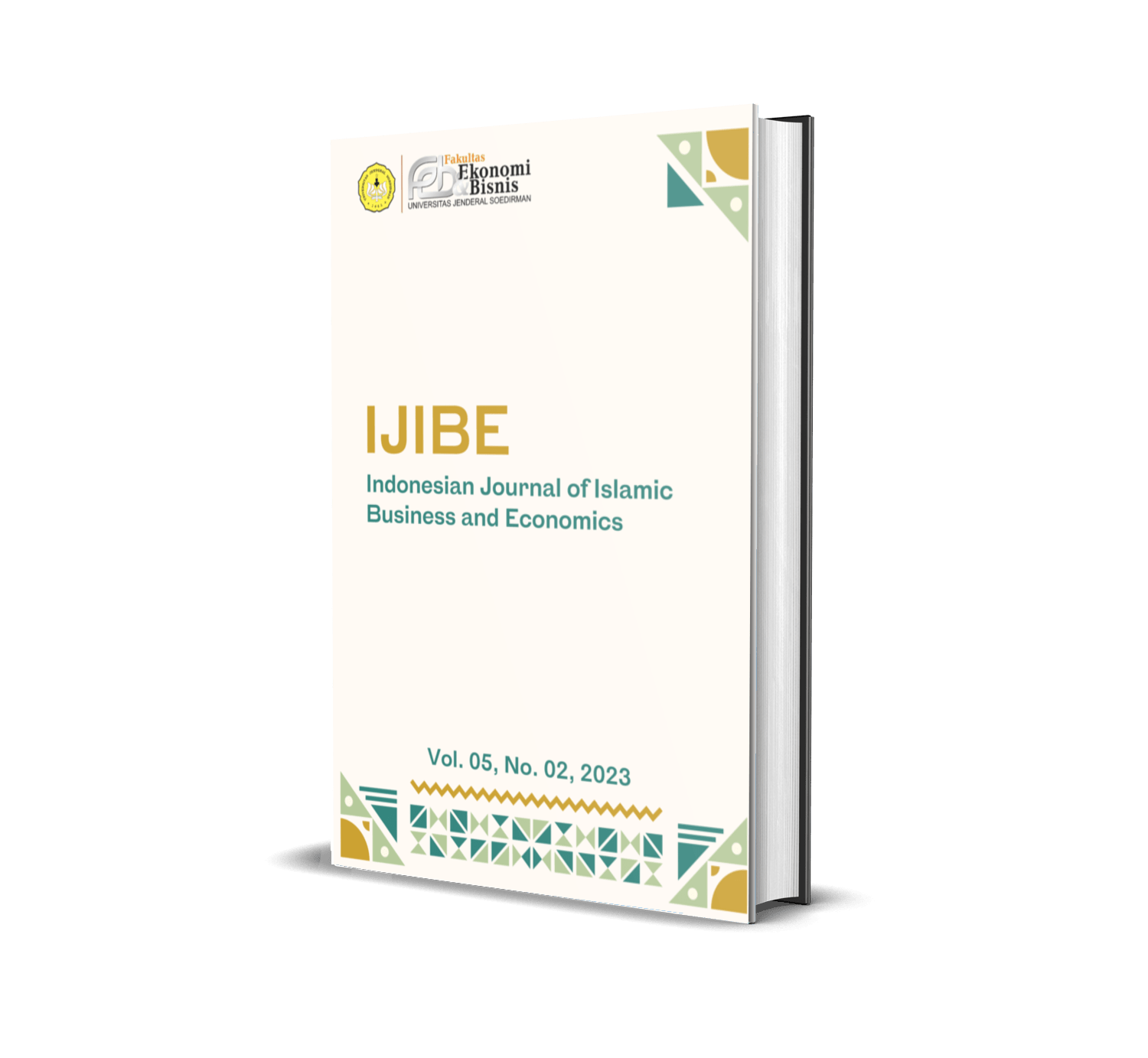Islamic Entrepreneurship : Case Study On PMW (Student Entrepreneurship Program)
Main Article Content
Abstract
The purpose of this study was to further examine the character of Islamic Entrepreneurship among young entrepreneurs of UPI students. The research method used was descriptive quantitative analysis with a sample of 58 student respondents who passed the 2017-2018 UPI PMW. Data analysis techniques used in this study were descriptive statistical analysis using Microsoft Excel and SPSS. The results of this study indicate that the overall level of application of the characteristics of Islamic Entrepreneurship for students who passed the 2017-2018 UPI PMW was very good. It means that PMW 2017-2018 overall of UPI students has been aware of the importance, understand and apply the character of Islamic entrepreneurship very well. The novelty of this study is to target Muslim students to qualify for the 2017-2018 PMW at UPI to be able to express their attitude towards Islamic Entrepreneurship and by updating the Qona'ah dimension that did not exist in the previous studies which made the high Characteristics of Islamic Entrepreneurship very influential for Muslim development preneur in Indonesia. Besides, PMW overall for stakeholders to add Islamic nuance for students passing PMW to enhance their Islamic character.
Article Details

This work is licensed under a Creative Commons Attribution-NonCommercial-ShareAlike 4.0 International License.
Authors who publish with this journal agree to the following terms:
- Authors retain copyright and grant the journal right of first publication with the work simultaneously licensed under a Creative Commons Attribution License that allows others to share the work with an acknowledgement of the work's authorship and initial publication in this journal.
- Authors are able to enter into separate, additional contractual arrangements for the non-exclusive distribution of the journal's published version of the work (e.g., post it to an institutional repository or publish it in a book), with an acknowledgement of its initial publication in this journal.
- Authors are permitted and encouraged to post their work online (e.g., in institutional repositories or on their website) prior to and during the submission process, as it can lead to productive exchanges, as well as earlier and greater citation of published work (See The Effect of Open Access).

